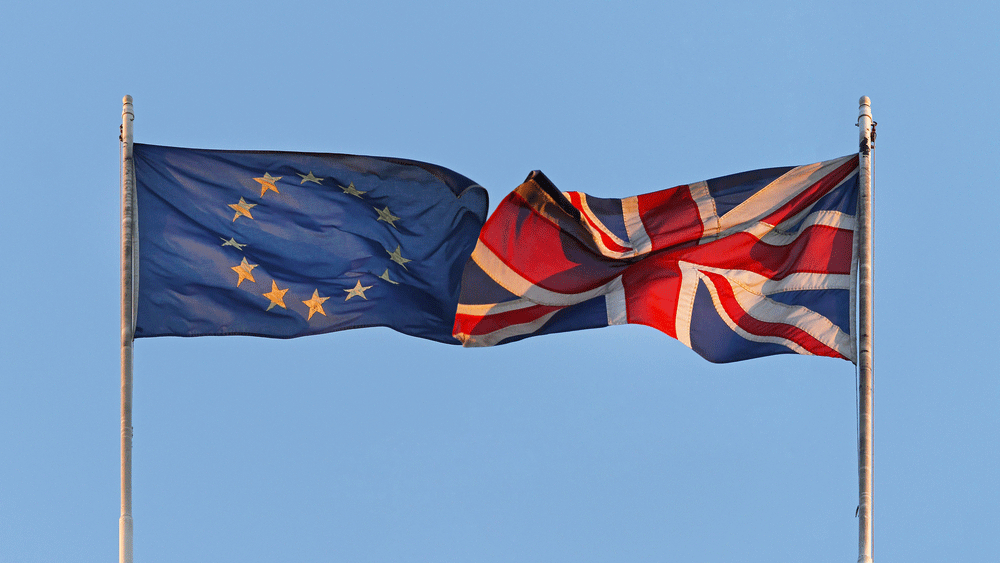The people of the United Kingdom voted to leave the European Union. I don’t think this was the right decision and when I first heard of the outcome it took me a moment to overcome my initial impulse to dismiss the vote as a result of racism and xenophobia. However, many others who are unhappy about the Brexit make exactly this argument on TV and social media. While this is an understandable reaction, and while parts of the campaign certainly catered towards such attitudes, for a large part of voters racist views were not what convinced them to vote ‘leave’. I also do not believe that the frightening amount of misconceptions that voters had about the workings of the EU was the main reason either – rather was it a symptom as I will explain later.
What really decided this referendum was that the working class and people over 50, those who voted ‘leave’ in an overwhelming majority, did not feel the European Union actually had a positive impact on their lives. Indeed, many people from these groups have not benefited from the economic improvements since the financial crises at all. They understandably do not see the benefits of the EU in an environment of unemployment, low wages, and low pensions, with a lack of public housing and the near absence of future prospects.
On top of that, their living standards have been declining for the last decades under the rule of both, Tory and Labour governments. At the same time, those exact parties keep saying again and again that the economic growth and the measures the governments take lead to higher incomes, better prospects, and higher living standards. Now, while many of these claims are true more often than not they only apply to the upper and middle class.
This led to two major attitudes that many people in the working class hold and that were described by LSE sociologist Lisa Mckenzie: the belief that both big parties are equally bad at leading the government, and the feeling that one cannot trust facts and data coming from the establishment. So this meant on the one hand, that the EU referendum, unlike a general election, was seen by the working class as a chance to initiate some actual change. On the other hand, the mistrust towards official facts meant that the leave campaign, who was not perceived to be part of the establishment, was successful with its approach of spreading bogus data.
This becomes even clearer if we look at the people who benefit from the EU. Young people, people from the middle class, and academics all profit from the UK’s EU-membership in many forms, such as education programmes, the freedom of movement, and consumer friendly EU directives. At the same time, they overwhelmingly backed the remain camp.
The vote of the working class gives a clear directive to the government and whoever will be the next PM would be wise to listen. The government needs to do what the EU did not: provide prospects, security, and hope to those who are currently forgotten by the system. The government needs to build social housing, create decently paid jobs, and provide better opportunities for education. Moreover, parties have to try harder to get back in touch with the people rather than pretending you do not need to consider the people when making decisions about their lives.
While I still believe the Brexit was the wrong decision it was an understandable one. I hope it at least serves as an impetus for the politicians to pay more respect to the people’s needs and problems.

